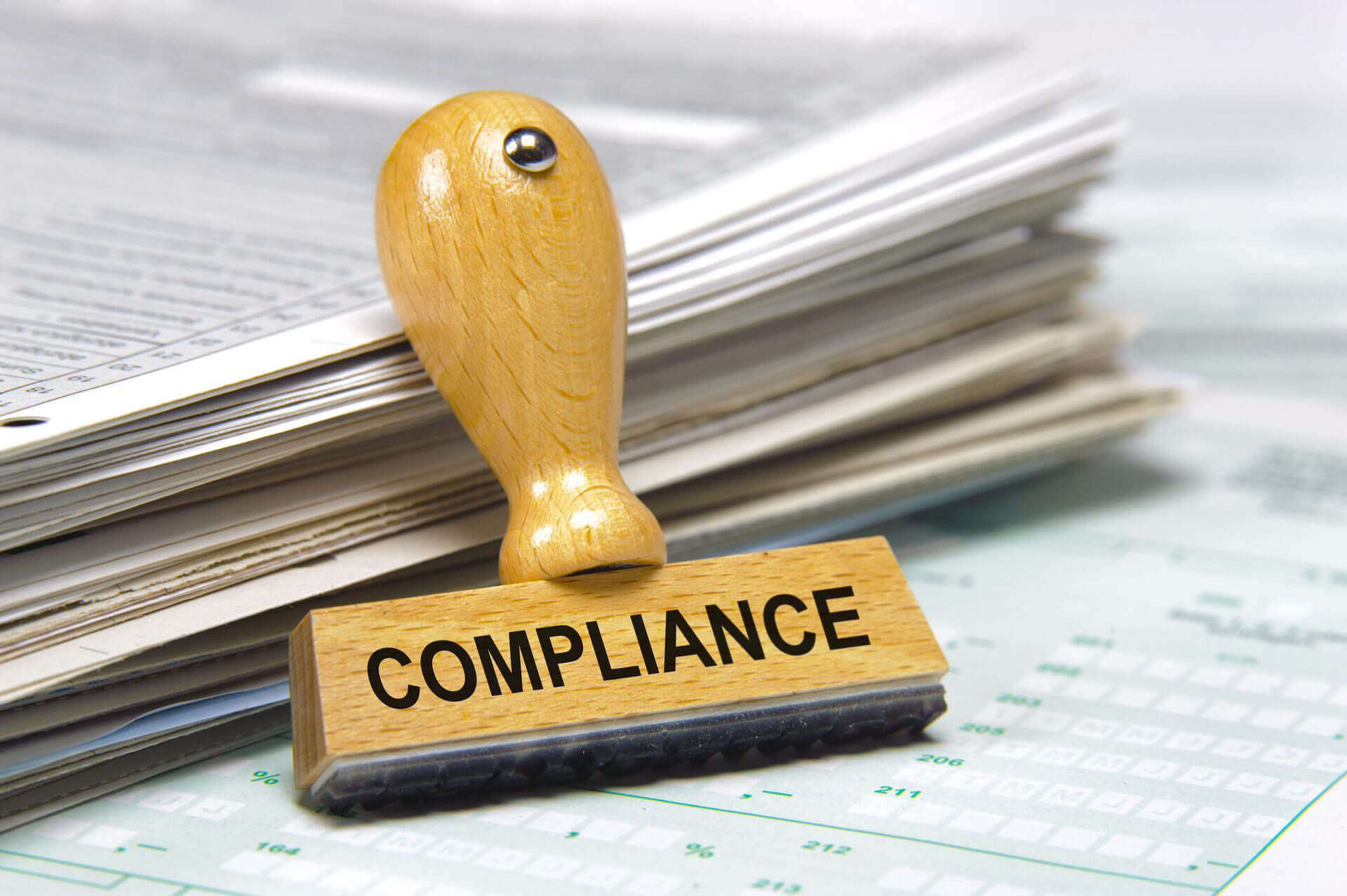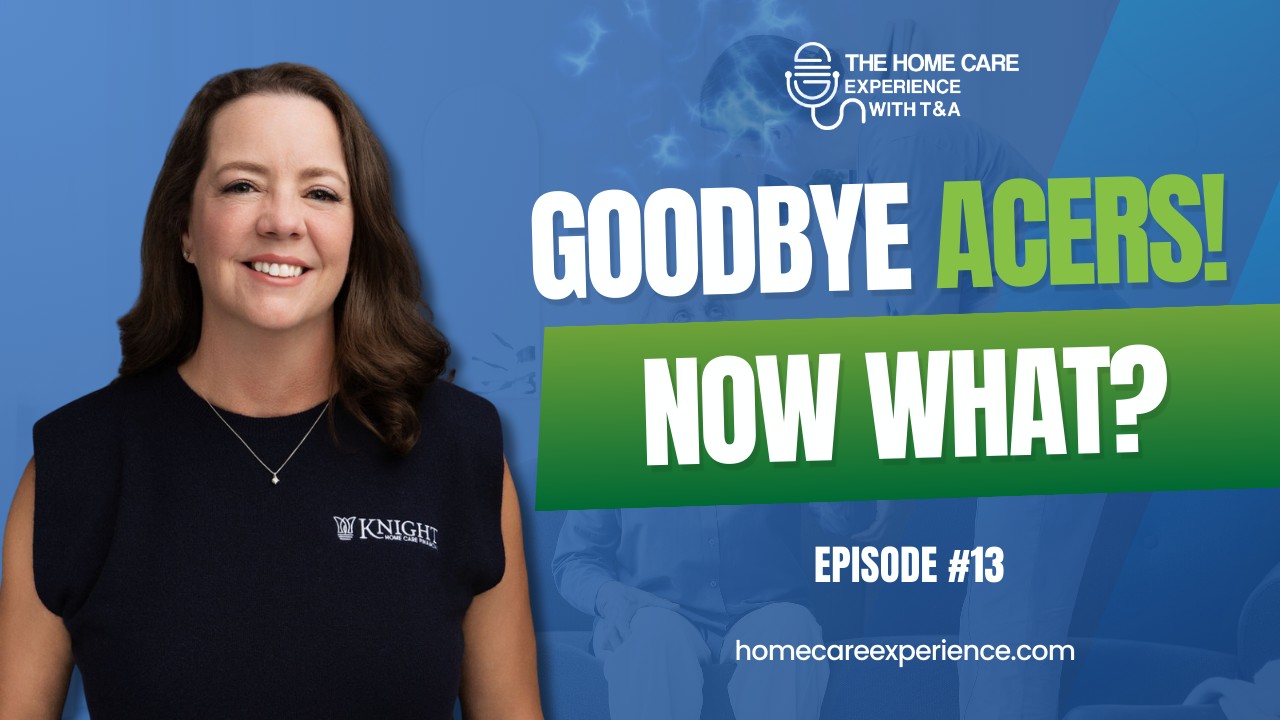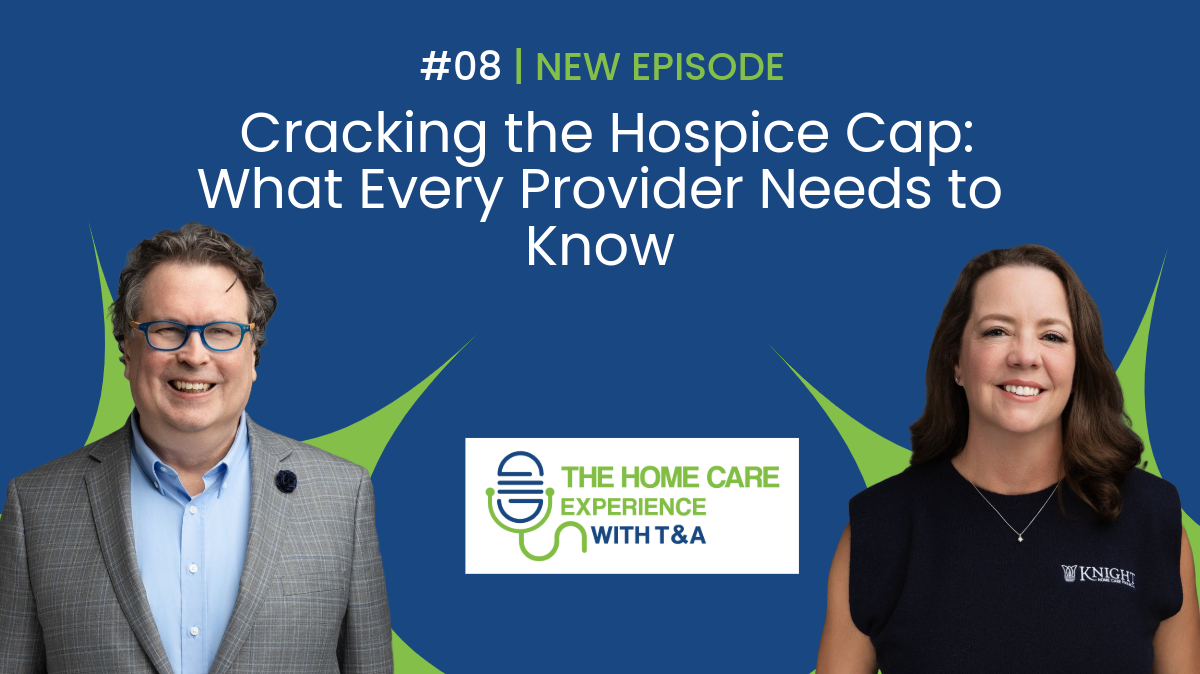An Overview of HIPAA Compliance
In the rapidly evolving healthcare landscape, compliance with regulations is vital for the success and security of your home care agency. One crucial regulation that requires your attention is the Health Insurance Portability and Accountability Act (HIPAA). This blog explores the importance of HIPAA compliance for home care agencies in safeguarding your agency and protecting sensitive patient information.
HIPAA’s Core Principles:
HIPAA was enacted to establish national standards for safeguarding patients’ protected health information (PHI) while facilitating the secure exchange of healthcare data. Compliance with HIPAA regulations are mandatory for all covered entities, including home care agencies. The fundamental principles of HIPAA compliance can be summarized as follows:
- Privacy Rule: The Privacy Rule governs the use and disclosure of individuals’ PHI. It provides patients with control over their health information by requiring covered entities to obtain written consent before using or sharing their PHI.
- Security Rule: The Security Rule focuses on the protection of electronic PHI (ePHI). It mandates that covered entities implement administrative, physical, and technical safeguards to ensure the confidentiality, integrity, and availability of ePHI.
- Breach Notification Rule: The Breach Notification Rule outlines the requirements for covered entities to notify affected individuals, the Department of Health and Human Services (HHS), and, in certain cases, the media, in the event of a breach involving unsecured PHI.
- Enforcement Rule: The Enforcement Rule establishes procedures for investigating complaints, conducting compliance audits, and imposing penalties for HIPAA violations.
Safeguarding Electronic PHI (ePHI) in Your Home Care Agency:
As the digital revolution continues to transform healthcare, the security of electronic Protected Health Information (ePHI) becomes increasingly vital. Given the rapid technological advancements, it is critical for your home care agency to establish necessary measures to protect ePHI. These measures should include utilizing secure IT systems, employing encryption techniques, implementing strong password protocols, regularly backing up data, and training employees on best practices for ePHI security. These actions serve as a protective shield, preventing unauthorized access and guaranteeing the confidentiality and security of your patients’ electronic health records.
Ensuring Compliance with Third-Party Vendors:
As a home care agency, it is common to collaborate with third-party vendors such as software providers or consultants. However, it is crucial to prioritize client protection not only within your internal processes but also when selecting third-party vendors. It is important to choose vendors, like Knight Home Care Financial, who specialize in working with home care or hospice agencies and understand the significance of HIPAA compliance and how to consistently ensure their internal systems are also HIPAA compliant.
Business Associate Agreement
Business Associate Agreements (BAAs) play a pivotal role in ensuring HIPAA compliance when home care agencies engage with third-party vendors. A Business Associate Agreement is a legally binding contract that outlines the responsibilities and obligations of the third-party vendor in protecting the privacy and security of patient data they may access or handle on behalf of your agency.
These agreements clarify responsibilities, ensure compliance, and establish liability and remedies. To safeguard patient information while working with vendors, follow these guidelines: carefully select vendors with HIPAA expertise, establish comprehensive BAAs, monitor vendor compliance, and develop a third-party incident response plan. By adherin to these practices, your agency can maintain HIPAA compliance and protect patient data.
HIPAA Breach Prevention and Response Strategies for Home Care Agencies
Every organization is susceptible to potential data breaches, which is why it is vital to have strategies in place to prevent and respond to HIPAA breaches. To safeguard your agency’s reputation and uphold patient trust, it is crucial to identify and address vulnerabilities, conduct regular risk assessments, and create best practices to mitigate the impact of a breach.
As part of your comprehensive breach prevention and response efforts, it’s important to develop an incident response plan under the Breach Notification Rule. This plan should outline specific steps to be taken in the event of a breach or non-compliance by a third-party vendor. By having a well-defined incident response plan in place, you can promptly address the breach, notify affected individuals, and mitigate any potential harm to patients and your agency.
By proactively implementing these strategies, you can minimize the likelihood of breaches and ensure a swift and effective response in the event of an incident.
HIPAA Compliance Checklist:
If you have concerns about your agency’s HIPAA compliance or want to ensure continuous compliance, we recommend downloading the comprehensive HIPAA compliance checklist provided by the HIPAA Journal. This checklist covers seven crucial elements for staying compliant and will educate and empower you to take the necessary actions to remain in compliance.
About Knight Home Care Financial:
At Knight Home Care Financial, we are dedicated to offering specialized financial management services to home care agencies. With our exclusive focus on the post-acute and long-term care sector, our expert accounting services empower both start-ups and large operating agencies. Whether you need assistance with accounting services, Medicare cost reporting, or home care consulting, our team is committed to guiding you through the complex financial aspects of the home care industry.
To learn how our services can benefit your agency, visit our services page or contact us today.





